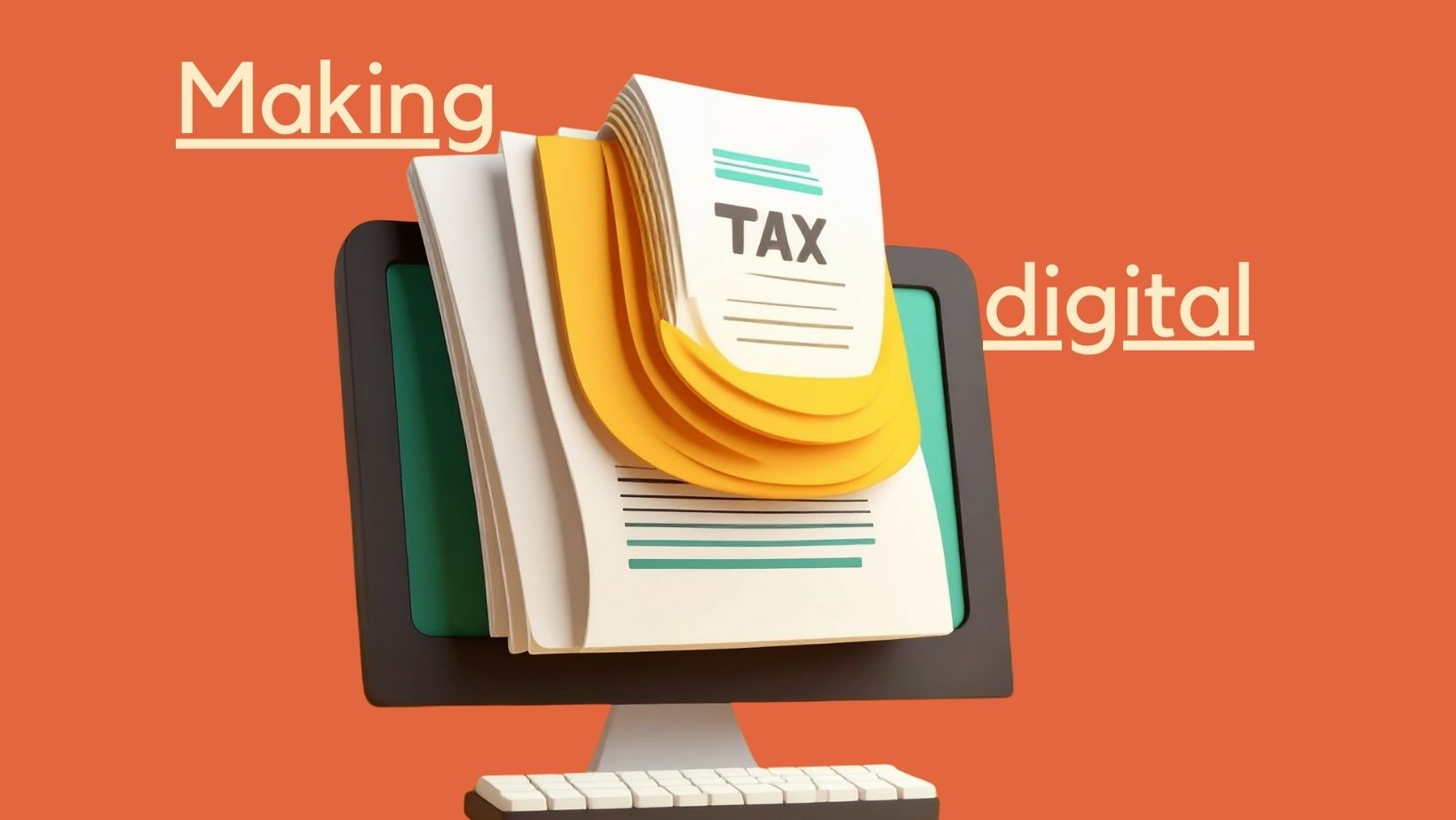A P11D is the form used to report benefits in kind paid to directors and employees which have not been subject to PAYE tax. In this article we’ll look in detail at what you need to know.
By 6th July each year, employers must submit a P11D for each director and employee. Any NICs owed must be paid by 19th July, or 22nd July, if paid electronically. You must also provide your employees with copies of their P11d by the 6th July.
What is a P11D(b)?
A P11D(b) is the form that is sent to HMRC with the P11D showing the amount of Class 1A National Insurance due on the expenses. If there are no benefits to report, you need to send a ‘nil’ return to avoid penalties for failure to submit the return.
What happens if I don’t complete a P11D?
Failure to complete a P11D for a director or employee could have serious consequences, including penalties. You’ll get a penalty of £100 per 50 employees for each month or part month your P11D(b) is late. You’ll also be charged penalties and interest for any late payments.
What are Benefits in Kind?
Where the company incurs costs or provides assets for the private use of the director these normally result in a Benefit in Kind charge. This means additional tax is payable personally and Class 1A National Insurance is payable by the company.
Benefits in kind should be recorded in your bookkeeping and advised to your accountant. Common examples include:
1. Company car
2. Private fuel paid for by the company
3. Private health insurance
4. Self-assessment fees paid for by the company
5. A second work mobile phone
6. Non-business travel expenses
7. Non-business entertainment expenses
8. Loans
You may come across some benefits that are not taxable, such as:
- Food provided in the staff kitchen
- Parking
- Payments to a pension
- Workplace sports facilities
- Workplace safety equipment
- Work-related training
- Business expenses paid for on a company credit card by an employee (work related)
Where are the Benefits in Kind declared?
The value of any benefits must be reported annually by means of a P11D. These details are then duplicated on the employment pages of your personal tax returns to ensure that you pay tax on the correct amounts.
What is Class 1A National Insurance?
Certain benefits attract additional National Insurance contributions; this is known as Class 1A NIC. It’s an employer liability which is a cost to your company but does not count towards your contributions for state benefits. For tax year 2024/25 it’s calculated at 13.8% of the total value of any benefits liable to Class 1A.
How do I pay Class 1A National Insurance?
You can pay online by:
- Direct Debit (one-off payment)
- Bank transfer
- Debit or corporate credit card
You can check HMRC’s website for more details
What if my P11d is incorrect?
Ultimately, it’s your responsibility to provide accurate information to HMRC. A good accountant will make every effort to ensure your P11D is accurate based on the information you provide. They should also send you your P11D for approval prior to submission. You should check this thoroughly before approving it.
Once you’re satisfied that the information on the P11D is correct, the forms can be submitted on your behalf before the July deadline.
If you have questions or if we can help in any way, please call our expert team on 01296 468185 or email [email protected].





